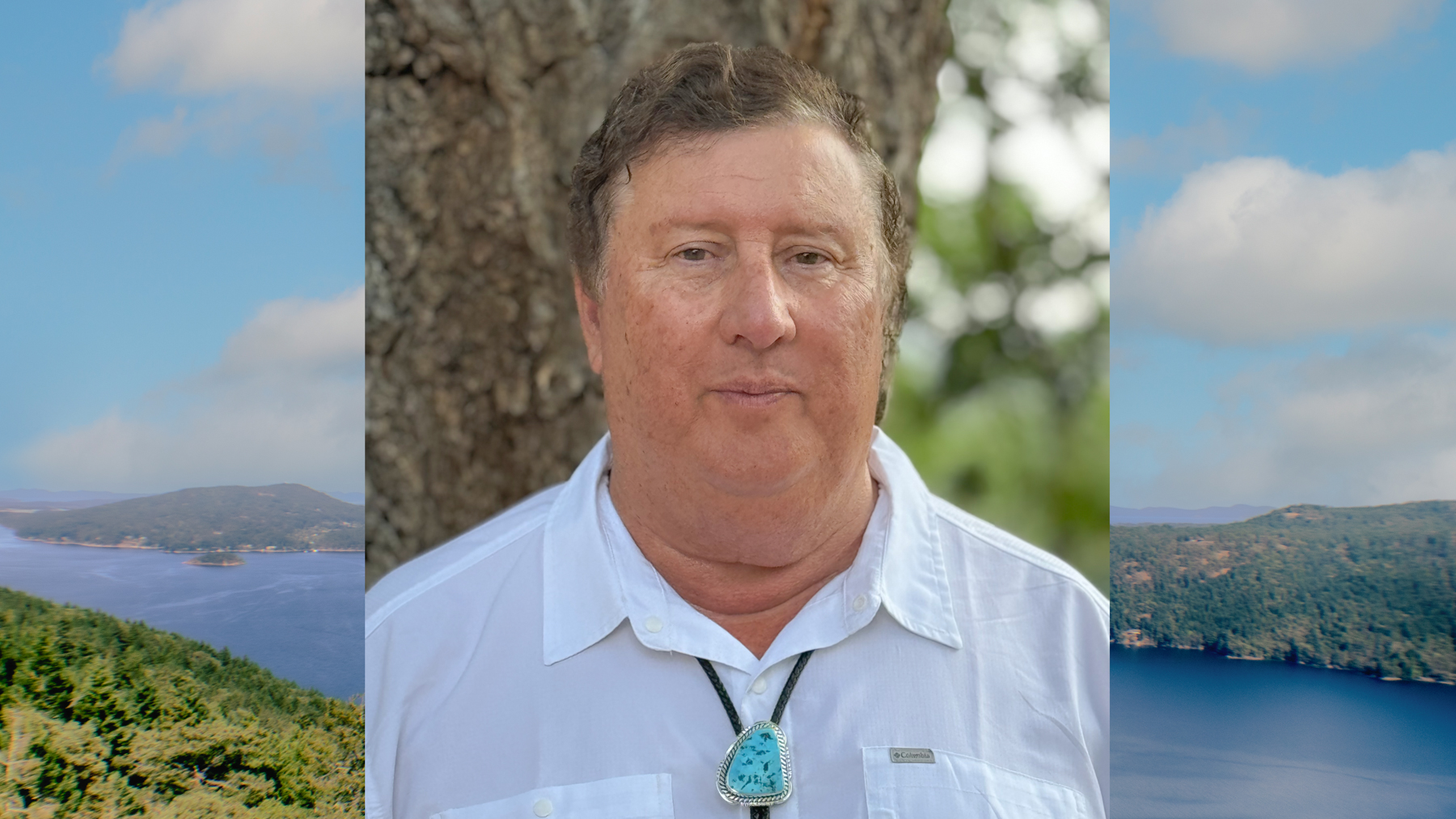On Sept. 3rd, Roderick McCormick, a professor and BC Innovation Chair in Indigenous Health at Thompson Rivers University, was elected a Royal Society of Canada Fellow.
This recognition, the highest honour an individual can achieve in Canadian social sciences, comes from his years of research in Indigenous health, mental health, suicide prevention, capacity building and community wellness.
McCormick has been conducting research for 30 years. As a trained psychologist, he wanted to understand what works for people in terms of healing. A theme he encountered often was nature.
“When I was teaching psychiatrists in residency at Riverview Hospital, I asked what they did in their downtime, and they all said something related to nature,” McCormick said. “And so I thought, you guys use nature in your own healing. Why don’t you use it with your patients?”
Surprised by how many people unintentionally use nature to get a sense of grounding, balance, and cleansing, McCormick focused on using his knowledge to help Indigenous youth.
The research has attracted more than $50 million in funding, which has allowed TRU and McCormick to create a course focused on nature healing called Healing from the Land. This grad-level course was intended for Indigenous students but was filled within days by students from a multitude of backgrounds.
“Most of these international students often know more about healing from the land than the North American students and Canadian students, which is more of their tradition and is good to have in class,” McCormick said.
Before he arrived at TRU, McCormick had the opportunity to train and work in different areas of education and health.
During his years as a high school counsellor in the Yukon, McCormick helped at-risk students create a peer support group with the purpose of preventing suicide. In the four years this program ran, there were no teen suicides registered in the province.
The importance of capacity building is one area McCormick highlights. His contributions come from training counsellors and psychologists to create an environment where Indigenous people can heal themselves.
Far from the end of his research, McCormick looks into what he hopes his research creates.
“Empowerment, empowering people to realize that they can do research, and yeah, build capacity in Indigenous mental health.”
While McCormick will continue to add to and work on his research, he recently joined a grant looking at climate change and Indigenous youth and will be conducting an experiment using his knowledge of Morita therapy, a Japanese therapy based on balance.
“On one side, you’ve got fears, but for every fear, there’s a corresponding desire,” McCormick said. “If you cave into the fear, the fear’s going to get bigger and be even harder next time. But if you take action, the fear has done its job, and it diminishes.”
Using this theory, he will explore the anxieties Indigenous youth face around climate change and the erasure of their land, food and homes. The pilot will run with high school and university students.
For questions about McCormick‘s research and contributions to TRU, visit the All My Relations Centre.

